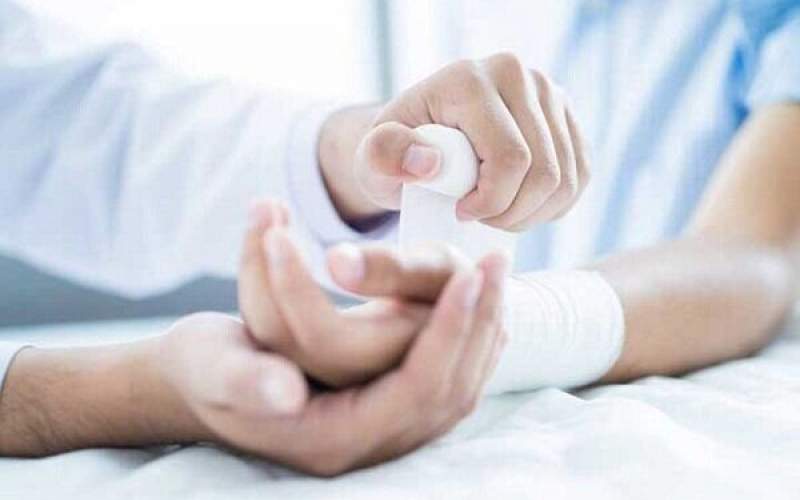The Iran Project
: An Iranian knowledge-based company has gained the technology for producing wound dressings for Epidermolysis Bullosa (EB) patients.
Tuesday 9 January 2024 - 21:43
Story Code : 411472
Source : Tehran Times
Iran achieves technology to manufacture dressings for EB patients
The product is a sort of stick that is non-adherent and needs to be replaced every three days.
The dressing has passed the lab tests and inspection of the Food and Drug Administration. It is going through the final stages of obtaining a license from the Ministry of Health.
Sanctions on medicine
In July 2022, Iranian Ambassador to Stockholm Ahmad Masoumifar severely criticized a Swedish company for refraining from selling special bandages which are vital for patients suffering from Epidermolysis Bullosa in the country.
“A Swedish company manufacturing medical supplies is still refraining from selling bandages needed for EB patients in Iran under the pretext of U.S. sanctions,” the envoy wrote on his Twitter.
Across the country, 950 people have been diagnosed with EB, but considering that EB is estimated to occur in 1 newborn per 50,000 live births, it is suggested that in Iran 1,200 people are suffering from EB.
Without the bandages, they face difficulties even in their daily routine, including walking, eating, or even breathing, and unfortunately, there is no alternative treatment for such pain.
The criminal policy of the United States caused the death of 15 EB patients from 2010 to 2018 when the Swedish bandage maker decided to halt shipments to Iran due to fear of secondary sanctions as part of over-compliance.
In October 2021, experts appointed by the UN Human Rights Council said over-compliance with United States-imposed sanctions against Iran is harming the right to health, and people with rare skin diseases are among those affected, many of them children.
As a result, EB patients in Iran can no longer enjoy the right to health, said the experts.
Export of medicine and medical equipment rise
Iran has experienced a significant rise in exports of medicine and medical equipment in the first four months of the current Iranian calendar year that started on March 21, 2023.
“Exports of pharmaceuticals and medical equipment grew by 300 percent in the first four months of the year,” IRNA quoted Heidar Mohammadi, the head of the Food and Drug Administration, as saying.
Around 99 percent of the medicine supplied to the domestic market is produced by Iranian companies, he highlighted.
Currently, the production of medicine, medical equipment, and powdered milk is supported by subsidies. So, their exports were very limited, but it is hoped that their exports will increase next year, he explained.
Referring to the shortage of 100 drug items in the country, he said: “Currently, nearly one and a half percent of the country's pharmaceutical need is imported. Along with domestic production, it is done as soon as the domestic production meets the demand.”
A total of 227 knowledge-based firms are supplying medical equipment for health centers across the country, according to the Vice Presidency for Science and Technology.
Reporter : Editorial of The Iran Project
# Tags











